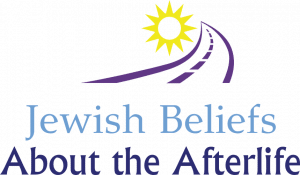I want to talk about the performing of mitzvot (good deeds).
But first – a major announcement! I am going to be migrating this blog over to a new home: http://www.Rabbicosnowsky.com later this month. (It’s not live yet – if you go to it now, you will see the version that’s from 2008. I will let you know when it goes live, and I will be posting to it more regularly. Thanks for your continued support for a subject I am extremely passionate about!
The Kotzker Rebbe said, “Death is merely moving from one home to another. If we are wise, we seek to regard the latter as the abode of beauty.”
It is understood in Jewish wisdom, that this life is not the end. Although we are commanded to keep our focus on this lifetime – because in this earthly realm, we are able to do good deeds. (Mitzvot)
It is said that when we choose to do good, it is even better than receiving the best reward in the World to Come. (Olam ha Bah) Because this world is for giving to God, and the next is for receiving (our just reward) from God.
Which brings me to the topic of Mitzvot. Every time we perform a mitzvah, it has an effect on what happens to us in the heavenly realm. We can earn a place in higher realms of heaven, the more justly we act here on earth.
In the Torah, there are 613 mitzvot:
- 365 negative commandments (thou shalt not) and
- 248 positive ones.
We cannot do all of the mitzvot in one lifetime, which is why we may have to come back many times and in many different incarnations. (Sometimes as male, sometimes as female.)


